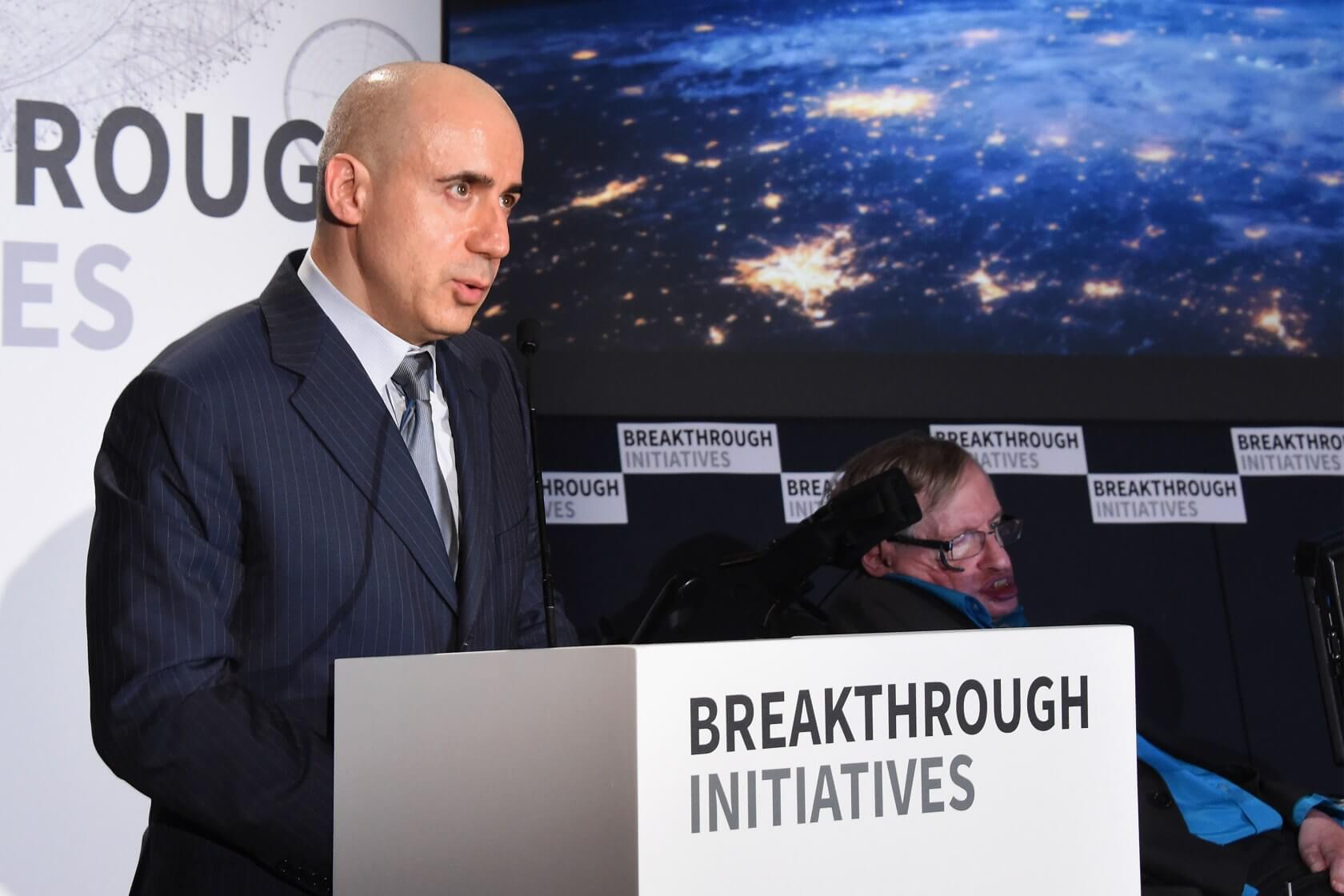In brief: Are we alone in the universe? It's tough to say for sure, but that question is one that's been on humanity's mind since the early days of astronomy; when we first gained a greater understanding of the galaxy and space as a whole. In the hopes of discovering an answer to that century-old question, some scientists are starting to look for messages that could be hidden in light flashes.
The scientists in question (from the VERITAS Collaboration) have teamed up with Breakthrough Listen – the "initiative to find signs of intelligent life in the universe" – to accomplish this task. The two sides will scan the stars for gamma rays by looking for "extremely brief" (they last for about a nanosecond) flashes of blue "Cherenkov" light, which apparently get emitted when the rays hit the Earth's atmosphere.
The VERITAS Collaboration's role in this partnership lies in hardware and tool expertise: they are providing the four 12-meter telescopes that will be needed to look for these rays. VERITAS and Breakthrough are hoping the light flashes mentioned above will contain coded messages from alien life forms – as Engadget aptly puts it, you can think of this project as a hunt for extraterrestrial Morse code.
Breakthrough says the use of four telescopes instead of one should allow for "very effective discrimination" against false positives.

Obviously, this entire project is quite a long shot. If there is alien life out there, there's absolutely no guarantee it will look like us, think like us, or communicate like us; much less understand enough about human intelligence to send coded messages our way. However, VERITAS and Breakthrough feel this method is at least worth a try, and given how few results the global hunt for alien life has turned up over the years, it's hard to disagree.
"When it comes to intelligent life beyond Earth, we don't know where it exists or how it communicates," said Breakthrough founder Yuri Milner. "So our philosophy is to look in as many places, and in as many ways, as we can. VERITAS expands our range of observation even further."
We'll let you know if this partnership leads to any results, but don't expect anything interesting any time soon.
